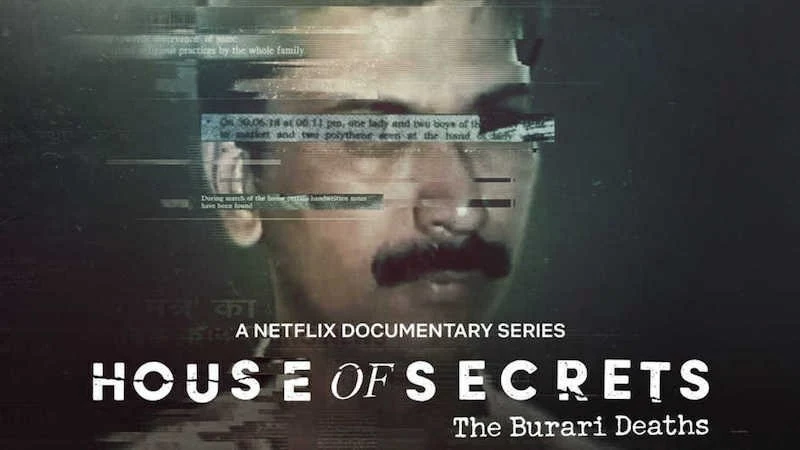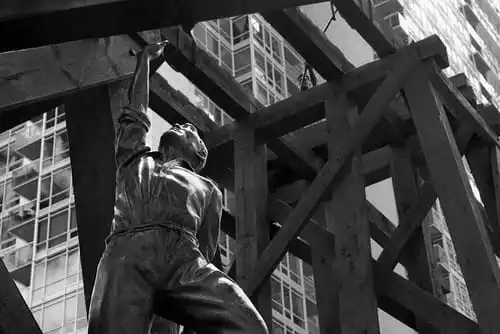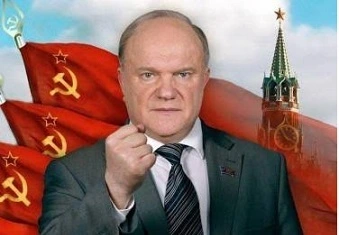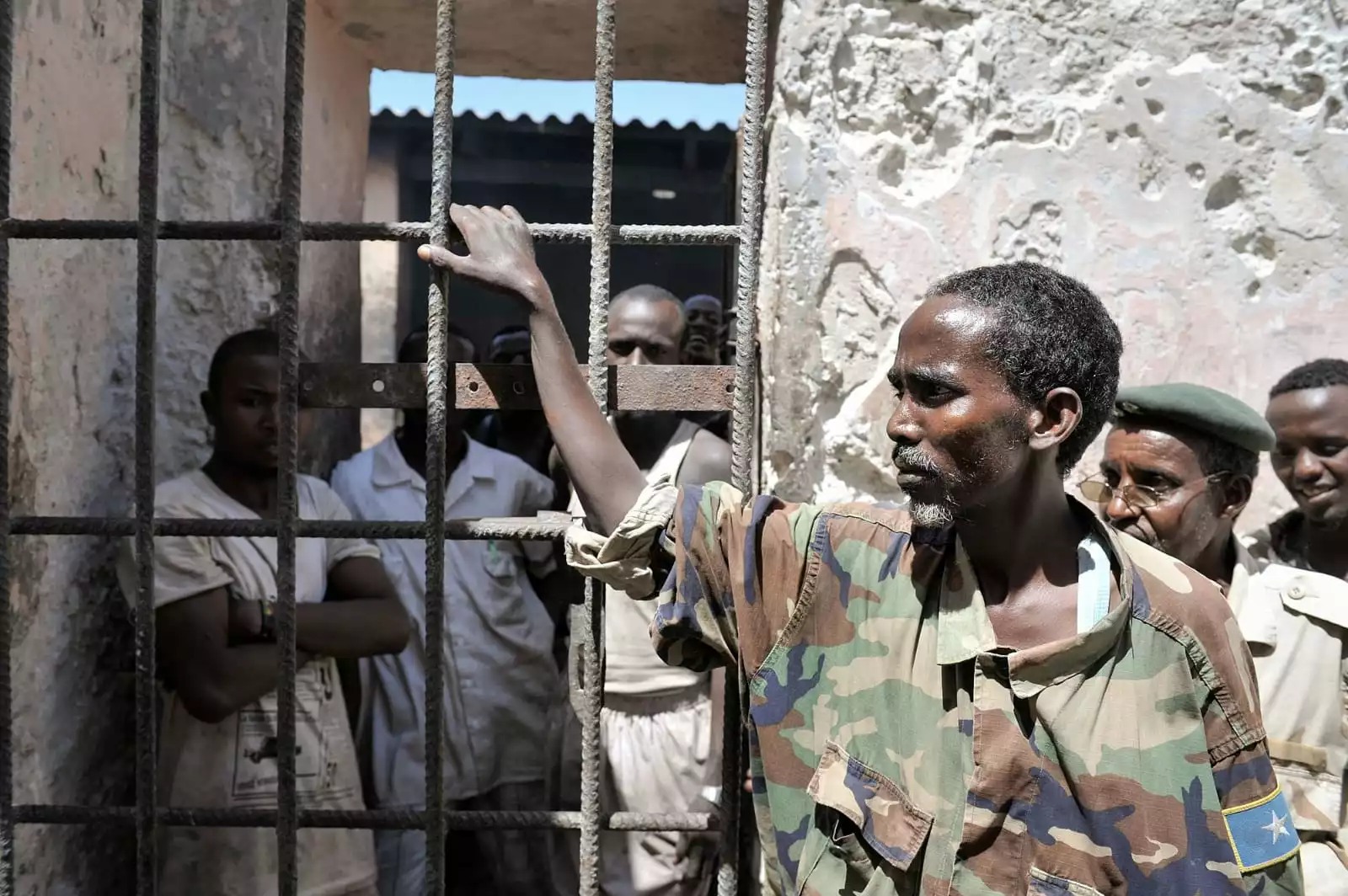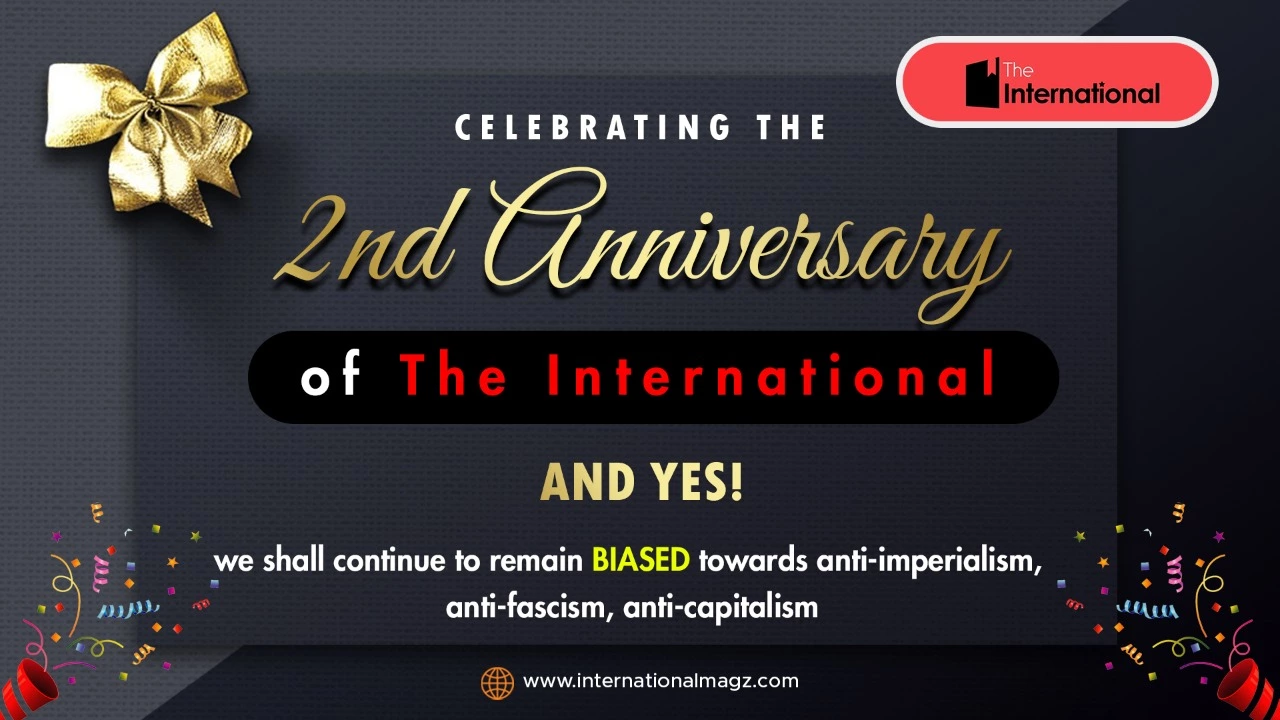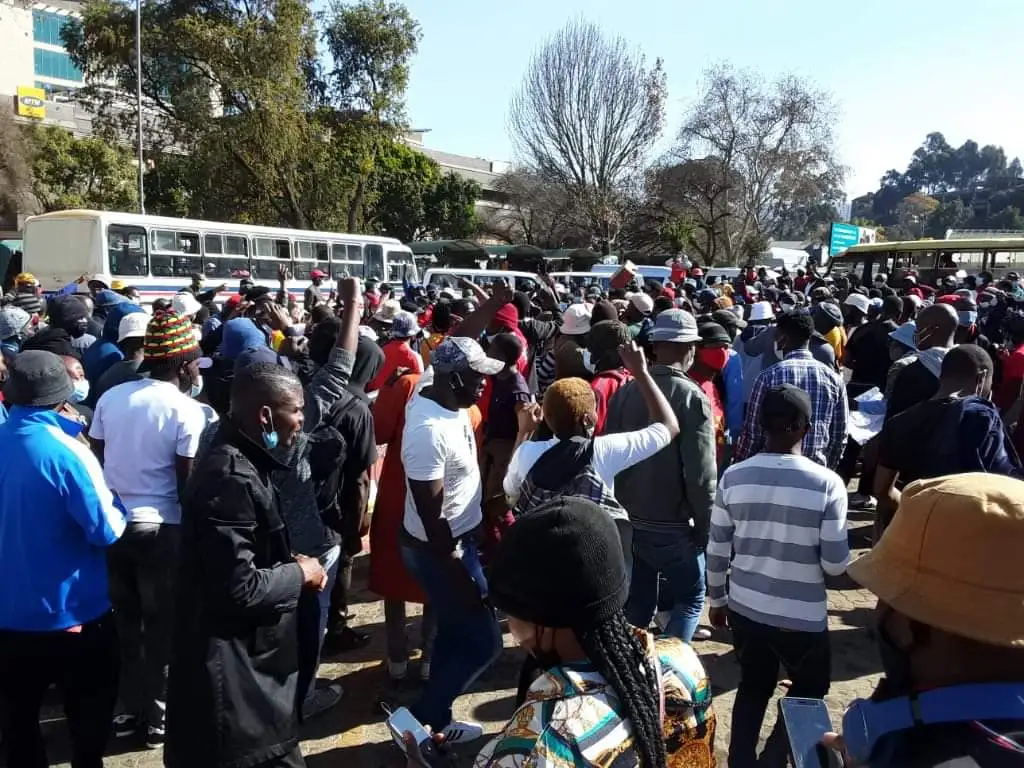House of secrets: The Burari Deaths
A review
With a rather ominous title, House of secrets invites viewers to delve into the unknown. The limited docuseries begins with a monologue, on the inevitability of death. Death, written by the almighty. This superstitious drivel continues, juxtaposed with a highly urbanized, industrialized suburbs of the Indian capital, thereby exposing the stark contradictions of life in modern India. The series made by Leena Yadav does justice to a case that shocked the nation.
The docuseries posits the very heart wrenching event as an anomaly. What could possibly drive 11 members of a family to take their lives so tragically? All 11 members, fairly educated, women and children, gagged and bound. Paints quite a picture. Of course, the bodies are never shown in this shoddy state. Macabre is only insinuated throughout the interviews conducted and so is the absurdity of the event. As the process of investigation unfurls in the series, it is revealed that the deaths were an unintended consequence of a ritual. Is it really that absurd? Is the house really so secretive? Is India’s dalliance with superstition and patriarchy really a secret? Things that have been always swept under the rug, relegated to the private sphere especially in middle and upper middle-class homes have finally come into light owing to this case.
The family moved to Delhi following the neo liberalization of the Indian economy in the 90s in search of prosperity, abandoning their farmland in rural Haryana. This pattern of migration often is an indication of bringing forward feudal value system into the urban spheres. Needless to say, a lot of Indian cities witnessed movement from the villages. As per the series, the family was ‘nice’, religious and seldom had any disagreements. The last bit in itself is a red flag. A family where cohesion is valued to an extent that all voices are subdued. This, however, stands true for every family in India, where the patriarch rules with an iron fist, and the house is his fiefdom. The patriarch is the youngest son, Lalit, who maintains a diary which consists of detailed account of how one ought to behave. Roles were fixed for every member of the family and if they dared to go astray, they were reprimanded by the patriarch. This seemingly unusual obsession with keeping everything under control and under the wraps is the hallmark of Brahmanical patriarchy. All the marriages in the family were arranged and all the wives submissive to say the least- by the looks of it, it is the plot of a very very Desi stepford wives. The series sheds more light on Brahmanical patriarchy than on age old beliefs held in India. Throughout the series the goodness and the ever so ready to help nature of the family is reiterated by their family and friends. The Wives, whose alliances were clearly fixed by the elders seldom disagreed with their husbands. What is eery is that the women’s family did not check up on them after marriage on account of the peace and harmony in the family. Another hallmark of their goodness, their normality is their piety. According to their friends and extended family, the Bhatias were extremely religious.

Steeped in religious practices, the family would miss no opportunity to pray and atone for their sins. The youngest son, the patriarch, would monitor what person did. His bond with his late father slowly comes into light as episodes progress. His demise left the family in a bad state. The demise of the older patriarch left a power vacuum in the family and needless to say the youngest son took charge. Nothing in the family would take place without his consent.
The question is, why would a run off the mill patriarchal Indian family kill themselves in such a brutal manner? Several ordinary families are thriving in spite of patriarchy. It is this particular theme that the docuseries deftly tackles. Replete with inputs from mental health practitioners, the show pieces together missing chunks, and chucks out sensationalism to give the viewers a more nuanced understanding of how trauma works. As mentioned earlier, Indian families and their penchant to relegate the unsavoury into the private sphere comes bubbling up in the series. The series gives a peek into the underbelly of the unsavoury. It addresses trauma and its manifestation. Like all other families, the Bhatias stayed hush about a particularly traumatizing incident in Lalit’s life and left no room for clinical intervention. As a result, the trauma was left unanswered, untreated and engulfed the family in the form of mass psychosis. The taboo around mental health, trauma, linked with capitalism and its hustle culture blew up in the faces of a family and shocked a nation of a billion. While the case created a lot of hullabaloo, all it required was passage of time for the fire to die down. As people living under late stage capitalism, everything is up for grabs, everything is consumable. Grief and trauma is a click away.
What is it then? A case of suicide, murder? Or a ritual gone wrong? The answer is perhaps not that simple, but it certainly invokes viewers to introspect, to see clearly the omnipresent contradictions of ‘modern’ life under capitalism.
